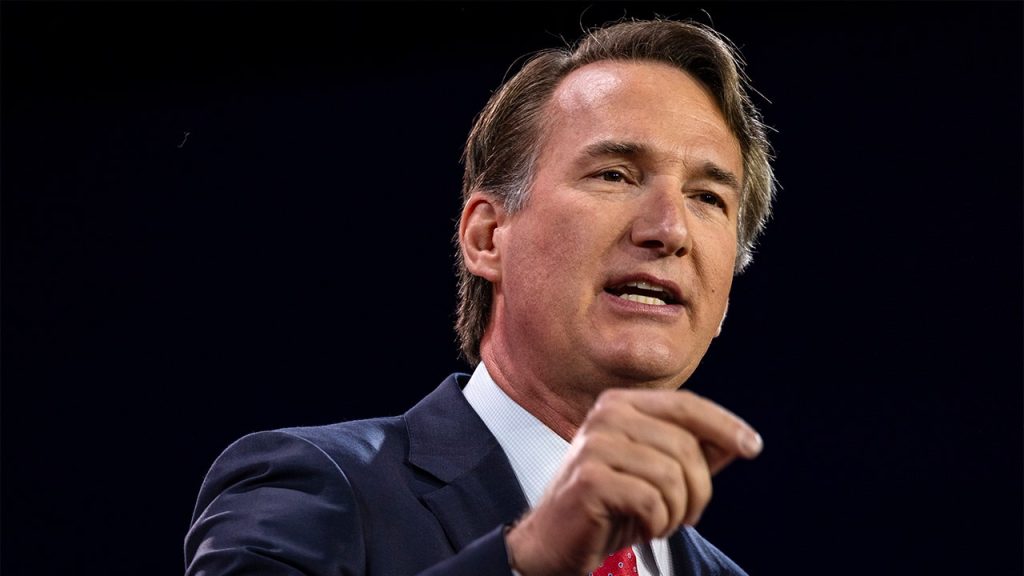A federal appeals court ruled that a lower court was correct to reinstate approximately 1,600 Virginia voters with questionable citizenship status to the rolls. This decision came after immigrants and women’s rights groups sued the state and its Board of Elections following an executive order by Virginia Governor Glenn Youngkin to identify noncitizens and remove them from the voter rolls. Youngkin’s attorneys argued that the law only applies to actual voters and that removing noncitizens is not covered, but the appeals court disagreed, saying the state was mixing various parts of the law together. Youngkin has vowed to appeal the decision to the U.S. Supreme Court, stating that it is common sense that noncitizens should not be on voter rolls.
On Friday, U.S. Judge Patricia Giles issued a preliminary injunction requiring the reinstatement of all voters who had been removed from state voter rolls in the past 90 days. The judge found that the removals were systematic rather than individualized, violating federal law. The Justice Department had filed a lawsuit against the state, the Virginia State Board of Elections, and the Virginia Commissioner of Elections, alleging that the state’s removal of voters violated the National Voter Registration Act of 1993. Youngkin responded to the judge’s ruling by criticizing the decision to reinstate over 1,500 individuals who had identified as noncitizens back onto the voter rolls shortly before a presidential election, stating that many of them had provided immigration documents confirming their noncitizen status.
Youngkin’s declaration of intent to appeal to the Supreme Court comes as he faces increasing opposition from various groups regarding the removal of noncitizens from voter rolls. The controversy lies in the interpretation of the law and whether noncitizens should be allowed to vote in elections. The case may ultimately play a role in the upcoming election, as the decision to reinstate voters could impact the outcome. It has sparked debates surrounding voter eligibility requirements and the legal implications of removing individuals from the voter rolls based on citizenship status. As the legal battle continues, the fate of the disenfranchised voters hangs in the balance, awaiting a final decision from the highest court in the land.
The legal dispute surrounding the removal and reinstatement of voters has revealed deep divisions within the state of Virginia and beyond. The clash between different interpretations of the law has raised questions about the protection of voting rights and the implications of disenfranchising individuals based on their citizenship status. The involvement of various groups, including immigrants and women’s rights advocates, highlights the broader impact of the case on marginalized communities and the importance of ensuring equal access to the voting process for all eligible individuals. The decision to appeal the ruling to the Supreme Court sets the stage for a potential landmark decision that could shape future voting regulations and practices in the state and across the country.
The push to reinstate the disenfranchised voters reflects a broader effort to uphold democratic principles and ensure fair and inclusive elections. The legal battle over voter eligibility underscores the complexities of interpreting and enforcing voting laws, especially in cases where individuals’ citizenship status is called into question. The outcome of the case will have far-reaching consequences for the integrity of the electoral process and the rights of all citizens to participate in democracy. As the legal proceedings continue, the spotlight remains on the Supreme Court, which is now poised to weigh in on a contentious issue with significant implications for the future of voting rights in Virginia and the nation as a whole. Ultimately, the decision will shape how states handle voter eligibility and the protection of voting rights moving forward, setting a precedent for elections to come.


